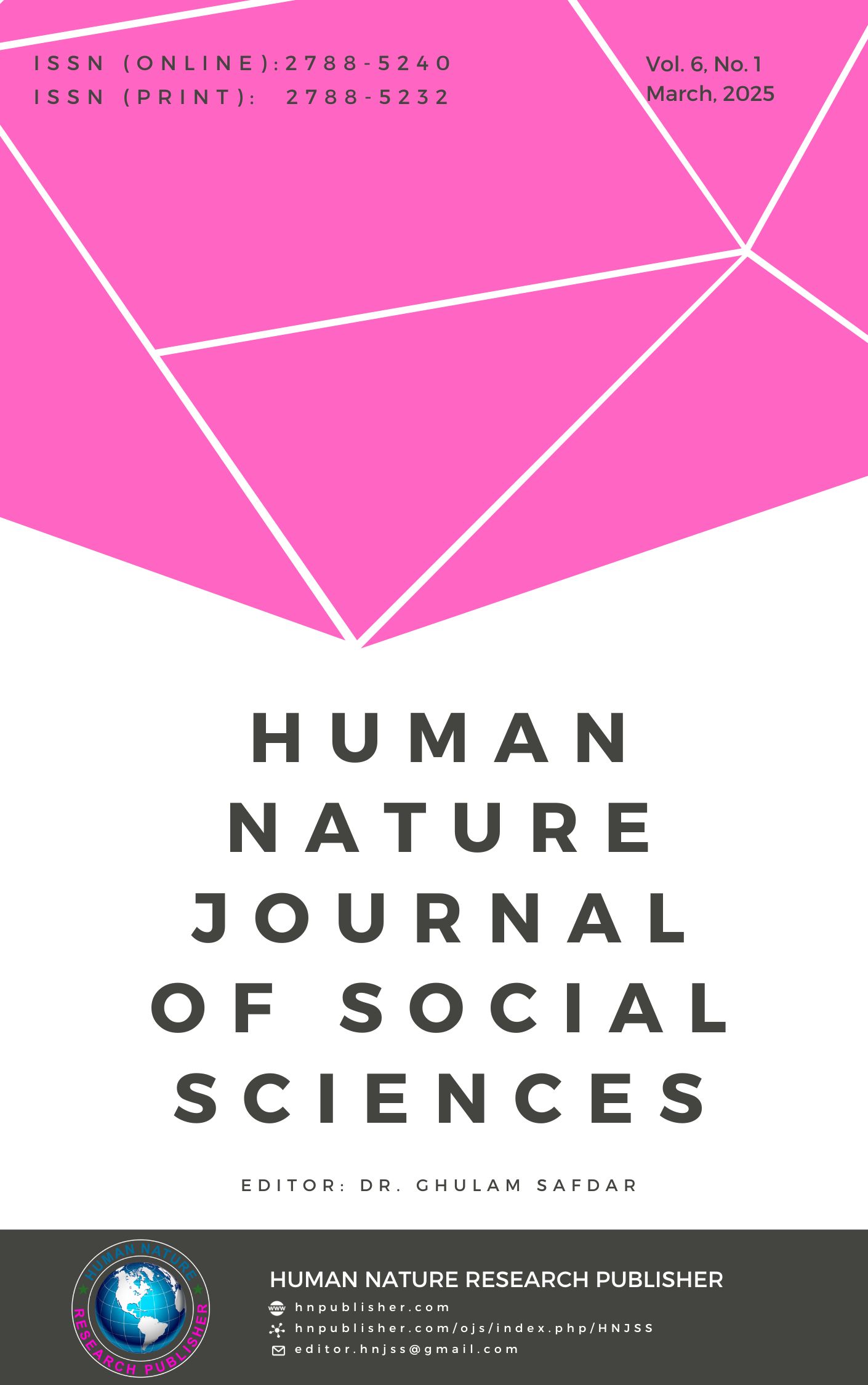Human Touch or AI Support: The Moderating Role of Engagement in Counseling Satisfaction
DOI:
https://doi.org/10.71016/hnjss/j89cs763Keywords:
Artificial Intelligence (AI), Therapeutic Engagement , Satisfaction , Human Counseling, AI-based Counseling , University StudentsAbstract
Aim of the Study: In this modern era of technology, mental health services are evolving and the human versus AI-driven counseling services debate continues. The effectiveness of these services varies by service type, client engagement, and satisfaction with the service. The current explanatory study explores the moderating role of therapeutic engagement in shaping students’ satisfaction with counseling services, whether human or AI-based, to provide insights into optimizing mental health support for students in diverse settings by analyzing its impact on counseling effectiveness.
Methodology: A total of 120 university students were selected through systematic sampling, 60 students for AI-based counseling and 60 for human counseling. After a month of counseling sessions, students’ satisfaction levels and engagement with either human or AI counseling were recorded through SAPS and WAI instruments.
Findings: Results reveal that there are significantly lower levels of satisfaction and engagement observed from AI-based counseling compared to human counseling. The relationship between the type of counseling services and satisfaction among students is moderated by therapeutic engagement, though the interaction effect is not statistically significant.
Conclusion: The study concluded that AI-based counseling services are not a suitable replacement for human counselors, as AI has failed to build a strong therapeutic alliance and satisfaction with the clients as human counselors can. The study recommended the development and implementation of hybrid counseling models that combine AI and human counseling to leverage the strengths of both approaches, fostering meaningful therapeutic relationships, engagement, and satisfaction.
Downloads
Published
Issue
Section
License
Copyright (c) 2025 Fouzia Rehman, Prof. Dr. Shahida Sajjad (Author)

This work is licensed under a Creative Commons Attribution-NonCommercial 4.0 International License.








